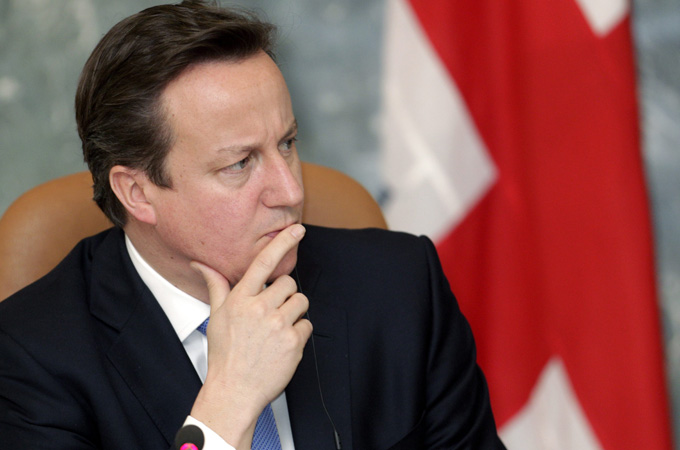Xi Jinping's remarks about shoes have surpassed Deng Xiaoping's cat metaphor.
Recently, I have heard people say that the new generation of politicians isn't a patch on the old guard when it comes to social and political philosophy, but that's not true. An example of this is the fact that "shoe theory" trumps "cat theory" by far.
The existence and popularity of cat theory is easy to see, but its popularity could have something to do with not biting the hand that feeds one, and so it can't be taken as a benchmark of truth.
No one in the world can tell the difference between cat theory and "might makes right." Cat theory became the theoretical basis for the military suppression [of the 1989 pro-democracy movement] on June 4.
[Xi Jinping's remark:] "You only know if the shoes fit by wearing them yourself" means that, in the course of a nation's development, only its own people can really speak out about that country. In this recent remark by our new president, there is an abiding hidden meaning, which is worthy of our attention.
Its existence and popularity are every bit as strong as that of cat theory; in some ways it is more advanced. It is rich in implications about what it is possible to know, and how we know things. Most importantly, it is a humanitarian and sociopolitical philosophy.
I should say that this isn't an isolated concept. About 10 days ago, Xi Jinping made a conclusive analysis of "the China dream," and we can put these two ideas together to extract their true meaning.
Who, or what, is in the best position to say whether shoes fit or not?
The feet, first and foremost. Not the head, and particularly not the mouth, with its pronouncements that can be both suitable and inappropriate. The feet are the best qualified to speak on this, not the head or the mouth.
There are, of course, two feet, and that which suits the left foot might not fit the right. There are 10 toes on the two feet, and that which works for one toe might cause great pain to the other nine.
The right to speak out
As for whether the Chinese political system suits the Chinese people, we can use the above metaphor to work out that what suits a particular leader won't necessarily suit tens of millions of ordinary people.
That which suits a billionaire won't necessarily be right for the penniless, and that which worked for Party elder Wang Zhen, who was denounced by [Xi's father] Xi Zhongxun, won't necessarily be good for our Tibetan and Uyghur compatriots.
What seems fine to a legal illiterate won't be good for Liu Xiaobo or Ai Weiwei; and what is convenient for the propagation of the main theme tune won't go down well with intellectuals, lawyers, or scientists. That is why President Xi told us with passion that only the people have the right to speak out, and that the China dream is the dream of her people.
Some say that Xi really wanted to make it clear to foreigners that they shouldn't comment on China's business. I have never had the honor of meeting him, so it's hard not to take him literally, but as far as I know, the quality that other people cannot know is how well the shoes fit, not how pretty they are, or how clean.
And I know for sure that all of the old revolutionaries, including Xi Zhongxun, were easily capable of picking holes in current events in other countries.
I'm sure this is has been, and still is, a sound familiar to the president's ears. To permit oneself to comment on other countries without allowing others to comment on China goes against Marxism, and against China's particular version of it: "Do as you would be done by."
So I think that President and General Secretary Xi Jinping's comments about shoes and about the Chinese dream were intended to promote the expression of public opinion, not as a rallying call for people to conform to the needs of the leadership.
This is my humble opinion, but it has yet to stand the test of time.
 RSS Feed
RSS Feed Twitter
Twitter

















